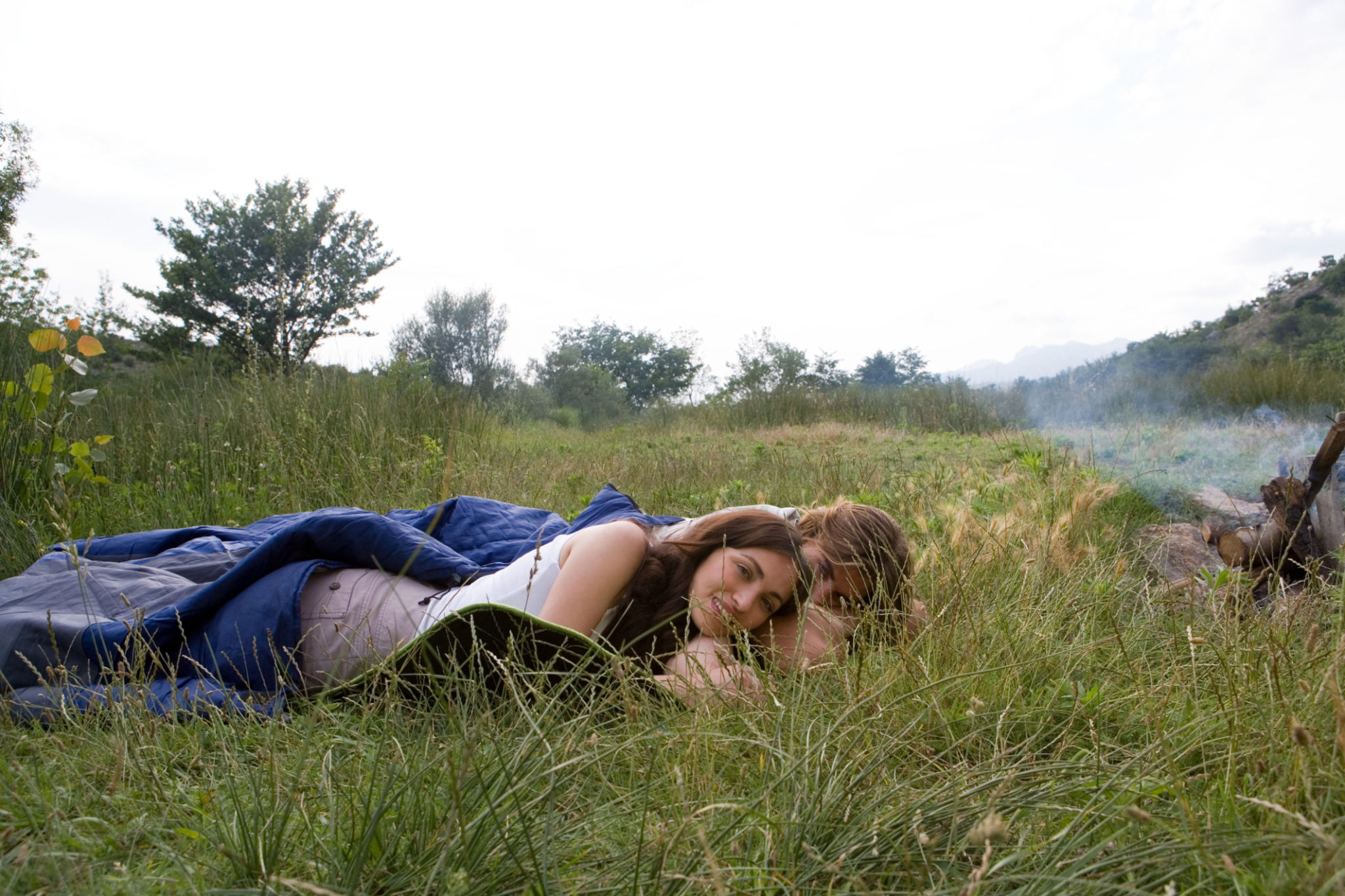Why Selling to Developers Isn't Your Only Option: Creative Land Use Strategies
Introduction to Creative Land Use
When considering land use strategies, many property owners default to the idea of selling to developers. However, this approach might not always yield the most beneficial outcomes. In fact, there are numerous creative land use strategies that can be both profitable and environmentally sustainable, without the need to sell your land outright.

Preservation and Conservation
One of the most sustainable ways to utilize land is through preservation and conservation efforts. By designating land as a nature reserve or conservation area, you can protect the natural environment while also potentially benefiting from tax incentives or funding from environmental organizations. This strategy not only contributes positively to the ecosystem but also enhances community value by providing green spaces.
Conservation Easements
A conservation easement is a powerful tool that allows landowners to maintain ownership while restricting certain types of development. These legal agreements can offer financial benefits, such as reduced property taxes, while ensuring the land remains preserved for future generations.
Recreational Land Use
Transforming your land into a recreational area can also be a lucrative venture. Consider options like creating a campground, building hiking trails, or even establishing a venue for outdoor events. These activities can generate a steady income stream without the need for extensive development.

Community Gardens and Urban Farming
Another innovative approach is to convert your land into community gardens or urban farms. This not only supports local food production but also fosters community engagement and education. By leasing plots to individuals or organizations, you can create a sustainable model that benefits all involved parties.
Agricultural Leases
If you own arable land, consider leasing it to farmers. Agricultural leases can provide you with regular income while supporting local agriculture. This approach ensures the land remains productive and can help maintain its value over time.
Renewable Energy Projects
With the growing emphasis on clean energy, leasing land for renewable energy projects, such as solar or wind farms, can be highly profitable. This not only offers a consistent revenue stream but also aligns with global sustainability goals. Exploring partnerships with energy companies could lead to mutually beneficial agreements.

Conclusion: Diversifying Land Use Strategies
While selling to developers may seem like the simplest option, it's important to explore alternative land use strategies that can offer long-term benefits. By considering creative approaches like conservation, recreation, agriculture, and renewable energy, you can maximize the potential of your land while contributing positively to the environment and the community.